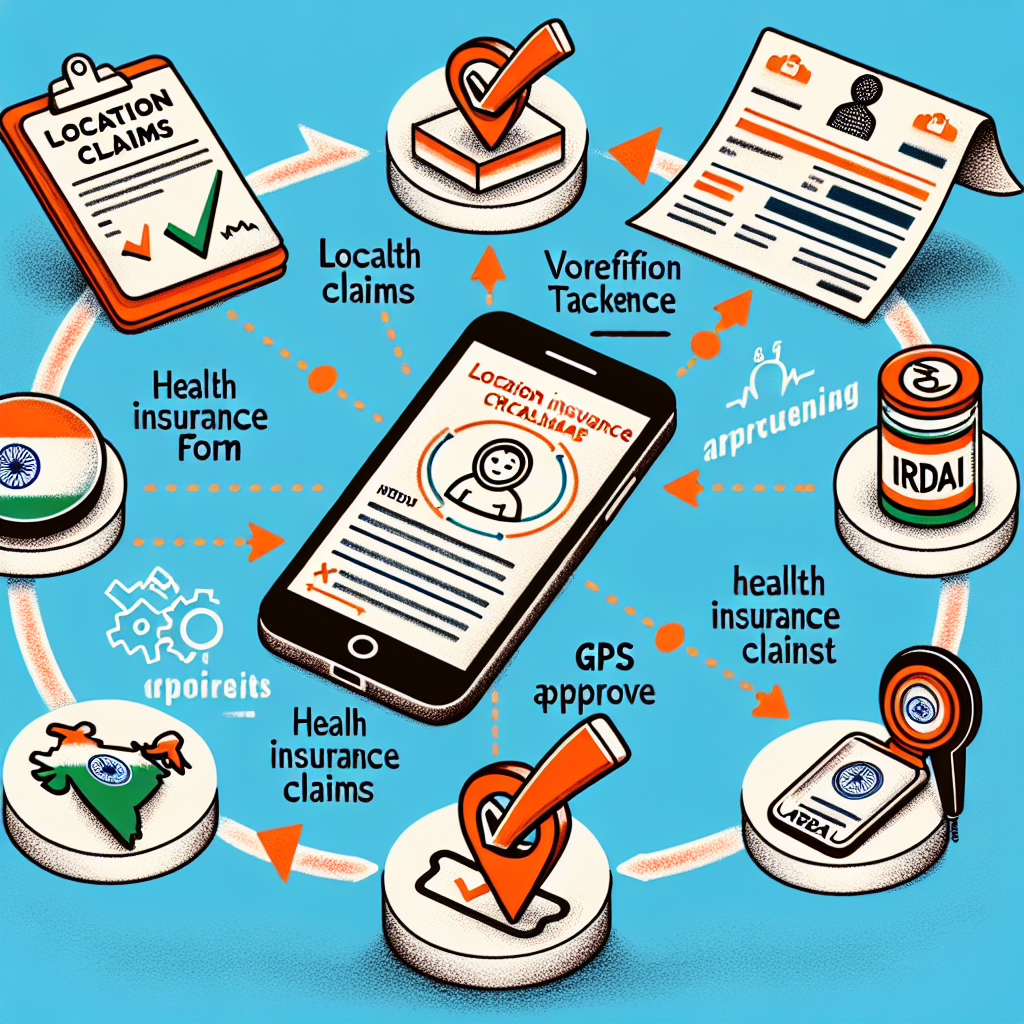The Legality of Using Google Maps Data in Insurance Claims in India

Understanding the Use of Google Maps Data in Insurance
The use of Google Maps location data for verifying insurance claims has emerged as a contentious issue in India. While insurers may seek to rely on this data, there is no regulation under the Insurance Regulatory and Development Authority of India (IRDAI) or any Indian law that permits such practices as definitive proof in insurance claims. This raises significant concerns about privacy and the legal rights of individuals.
Privacy Concerns
Article 21 of the Indian Constitution: This provision grants citizens the right to privacy. Insurers demanding location data from Google Maps may infringe upon this fundamental right. Individuals have the right to contest such practices in court, arguing that their privacy is being compromised without just cause.
Digital Personal Data Protection (DPDP) Act, 2023: The DPDP Act emphasizes the importance of consent and transparency in the handling of personal data. Insurers must comply with these regulations to avoid legal repercussions. Utilizing Google Maps data without clear consent may be seen as a violation of this law.
Legal Implications for Insurers
Insurers that attempt to use Google Maps data as part of their claim verification processes may face several risks:
- Legal Challenges: Individuals may challenge the validity of such data usage, highlighting the lack of legal foundation under current regulations.
- Reputation Damage: Companies perceived as violating privacy rights could damage their reputation and trust with customers.
- Potential Fines: Non-compliance with the DPDP could result in penalties and legal action.
Conclusion
The reliance on Google Maps data for insurance claims in India raises crucial legal and ethical considerations. Insurers must navigate these complexities carefully, prioritizing compliance with privacy laws and ensuring that practices do not infringe on individual rights. Individuals are encouraged to be aware of their privacy rights and to challenge any unjust practices.
